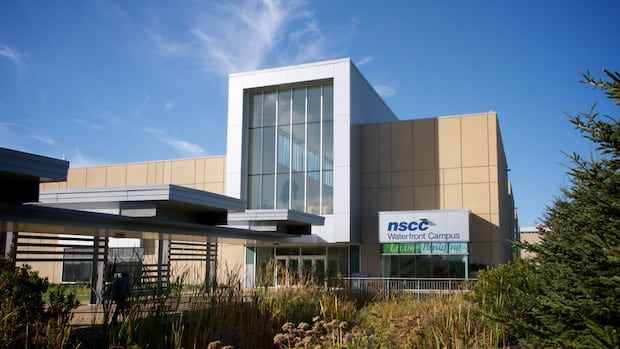Indigenous economy generates billions in goods and services across Atlantic region: report

Indigenous businesses employ tens of thousands of people across Atlantic Canada and generate billions of dollars in goods and services, according to new research.
The interim report by the Atlantic Economic Council was released on Wednesday at a news conference in Truro, N.S.
Its findings show that overall, the Indigenous economy contributed five per cent of the region’s GDP and more than eight per cent of the region’s jobs.
“This is about twice the size of the impact of the aerospace and defence sector in the Atlantic region and about 11 times the size of international students attending Atlantic Universities,” said the report’s author, Fred Bergman, a senior policy analyst with the council.
The Indigenous economy added $3.6 billion to Atlantic Canada’s gross domestic product in 2020, according to Bergman’s report, including $1.3 billion in Nova Scotia.
The research is being conducted on behalf of the Atlantic Policy Congress of First Nations Chief Secretariat.
It indicates as of 2020, Indigenous people held 56,000 jobs in the Atlantic region, 23,000 of which were located in Nova Scotia.
“The contribution of the First Nations community has in a local economy is significant and is often not looked at,” said Bob Gloade, chief of Millbrook First Nation.
Gloade noted the report shows in Nova Scotia, Indigenous business was responsible for $400 million in direct taxes, another thing he said is often misunderstood.
“You hear in the public that Indigenous people do not pay taxes and they are a burden on society, but that is totally incorrect,” he said.
The inland shipping terminal Millbrook First Nation is a part of is one of a number of job-creating projects being developed, he said.
Rapid growth of self-employed
Bergman pointed to other examples such as the $250-million acquisition of Clearwater Seafoods, as well as the 2023 North American Indigenous Games, which he said resulted in $26 million in economic spin-offs.
As of this year, the report identified 660 Indigenous-owned businesses in Nova Scotia as well as 2,400 self-employed people.
Between 2016 and 2021 the number of self-employed in the Indigenous community grew by 37 per cent, far outpacing the non-Indigenous population, Bergman said, showing an entrepreneurial spirit.
“If you’re having trouble finding a job, whether it is due to a weak economy and high interest rates, whether it’s due to the pandemic and restrictions, your other option is to start your own business,” he said.
The primary source for the research are the preliminary results from Statistics Canada’s Indigenous Peoples Economic Account, released in 2022.
The final estimates from that report are expected in April. A final report from the Atlantic Economic Council will then follow.



